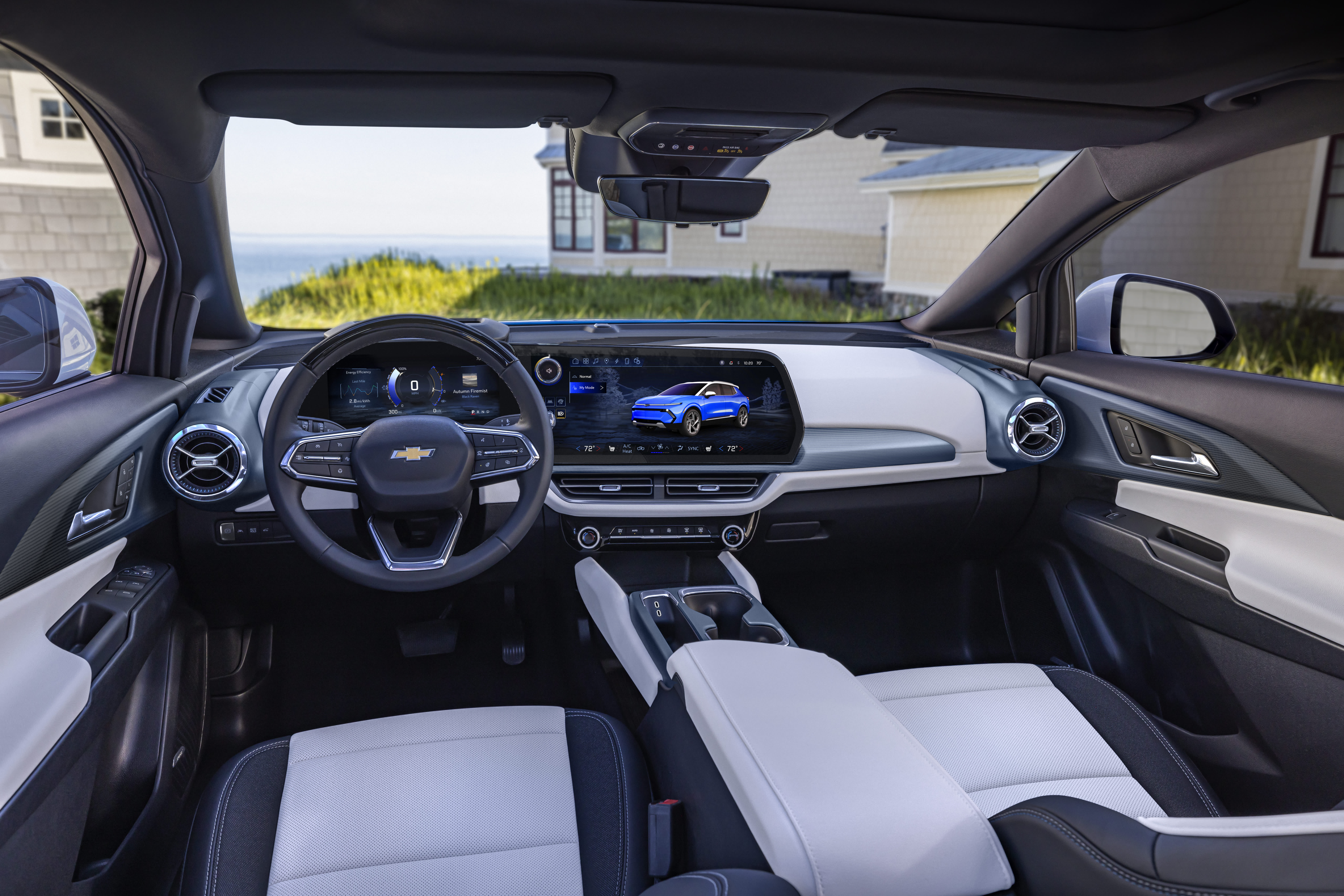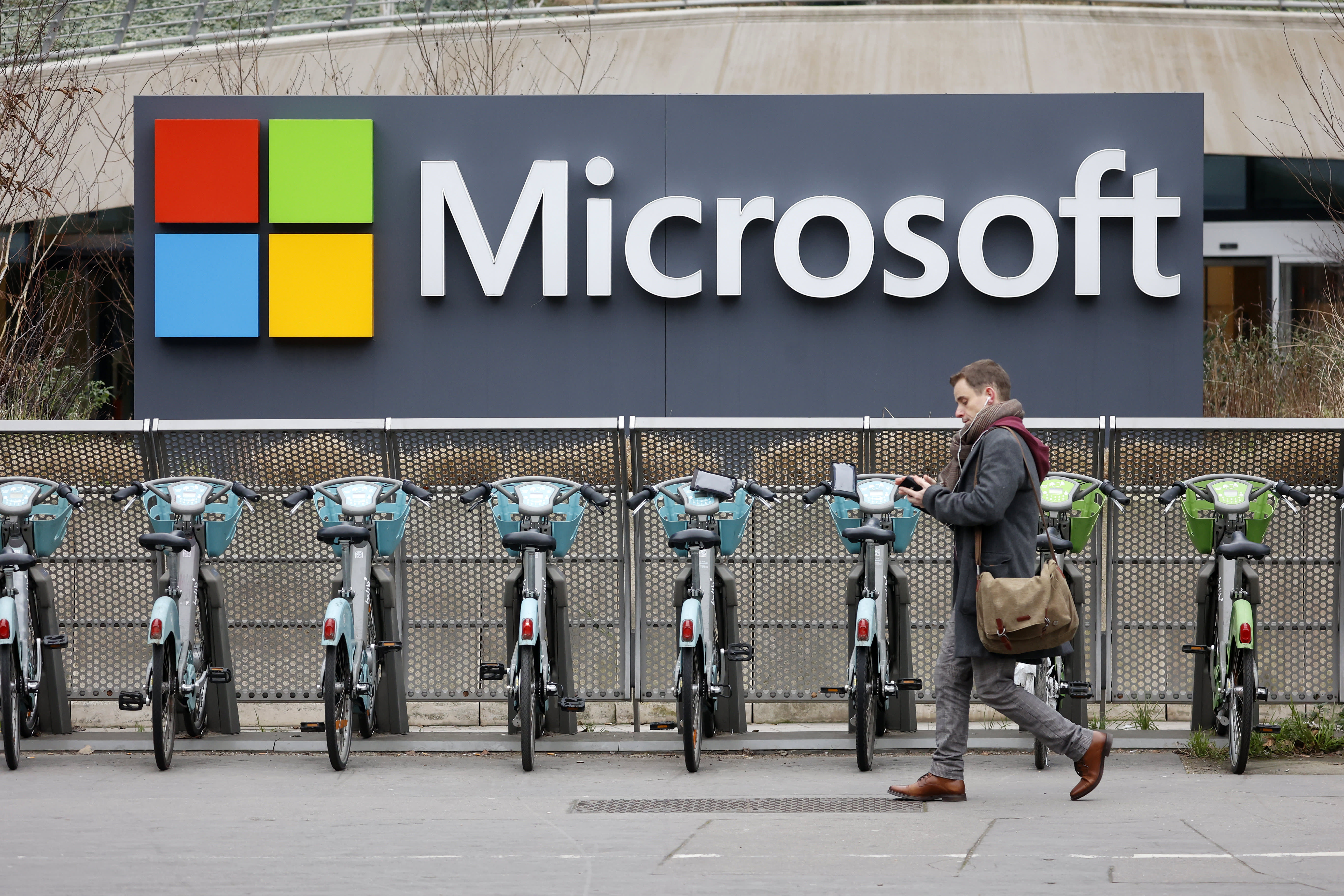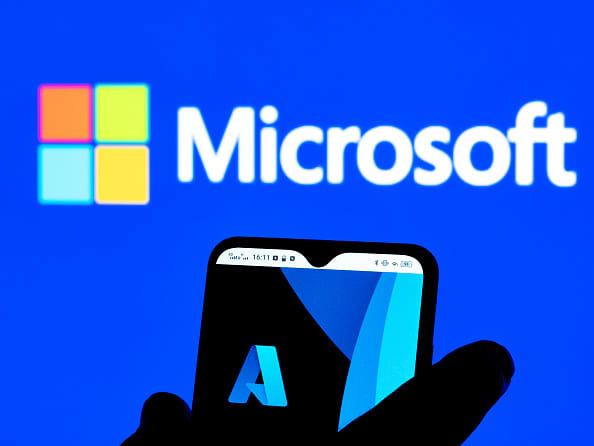Toymaker stocks rallied Thursday after rivals Hasbro and Mattel posted quarterly results and offered optimistic comments about how their intellectual property will boost their businesses.
Hasbro shares spiked more than 13% Thursday after the toymaker reported first-quarter revenue that topped Wall Street’s expectations. The Monopoly board game maker posted net revenue of $1 billion, beating the $878.4 million expected based on an average of analysts’ estimates compiled by Refinitiv. Revenue declined 14% from $1.16 billion during the year-earlier period.
related investing news
The toymaker posted a first-quarter net loss of $22.1 million, or 16 cents per share, compared to net earnings of $61.2 million, or 44 cents a share, last year.
“First quarter results came in ahead of our expectations and position Hasbro to meet our full-year financial targets,” Hasbro CEO Chris Cocks said in a statement.
Other toy stocks, including Hasbro competitor Mattel and pop culture consumer company Funko, also jumped on Thursday. Funko is preparing to report first-quarter earnings next week. The toymakers signaled this week they will increase their focus on leveraging the popularity of key brands to expand their reach.
Barbie maker Mattel posted first-quarter results after markets closed on Wednesday that beat revenue expectations but fell short of expectations on the bottom line. Mattel continued to face higher costs and waning toy demand.
Overall, the toy industry has seen a slowdown since pandemic-era highs, when parents were eager to buy toys to keep newly homebound kids entertained. Along the way, inflation raised costs for toymakers like Mattel — and consumers largely deferred spending as toy prices spiked.
Amid the challenging toy and game market, both Hasbro and Mattel are eyeing a future increasingly focused on intellectual property.
On Monday, the rival companies entered a multiyear licensing agreement which will see the launch of co-branded toys and games using each company’s popular brands.
Hasbro will produce Barbie-branded Monopoly games starting in fall 2023, while Mattel will make Transformer-branded UNO games and Hot Wheels vehicles, slated for 2023 and 2024 releases, respectively.
The two toymakers have competed for licensing rights in the past. In 2022, Mattel won the license to make toys based on Disney’s princess lineup, beating Hasbro in the process. Previously, Mattel had lost the license to Hasbro in 2016.
Outside of their collaboration, the two companies are both making strides to expand the reach of their own IP as they gear up for major movie launches this summer. Hasbro’s “Transformers: Rise of the Beasts” from Paramount is slated for a June 9 release, while Mattel’s much-hyped “Barbie” movie from Warner Bros. is scheduled for a July 21 release.
Last fall, Hasbro’s board authorized a sale process for part of its entertainment assets. Cocks told CNBC on Thursday the company is “pleased with the progress” so far, and said it will have an update in its second quarter.
“The global Hasbro team continues to execute our strategy to unlock the value of our rich IP library across our growth priorities including in gaming, direct-to-consumer and licensing,” Cocks said in a statement tied to Thursday’s earnings report.
In the first quarter, Hasbro’s entertainment segment revenue declined 19 percent year-over-year, falling to $185.4 million from $227.5 million last year.
Meanwhile, analysts are looking to see what boost — if any — Mattel will get from the Barbie movie, starring Hollywood heavyweights Margot Robbie and Ryan Gosling.
Mattel also announced J.J. Abrams’ production company, Bad Robot, will produce a Hot Wheels movie in partnership with Warner Bros. Discovery. The company also has films in the works for its other brands, including Polly Pocket and Barney.
“As we continue to grow the toy side of the business, we’re also putting together a strategy and continuing to see growth in our IP and capturing value in our incredible franchises outside of the toy aisle,” Mattel CEO Ynon Kreiz said in a 2022 CNBC interview.
In past investor calls, Mattel executives have noted that live action movies like Barbie are unlikely to trigger the same toy sales boost as animated films, meaning the film’s likely success might not ultimately pay off in doll revenue for the toymaker.
During the first quarter, gross billings for dolls, which represent amounts invoiced to customers, were $306 million. They fell year over year in part due to declines in Barbie sales; worldwide gross billings for Barbie plunged 41% in the first quarter.
In the first quarter of last year, gross billings for dolls were $396 million, which was primarily driven by growth in Barbie and Polly Pocket sales.
Mattel has yet to reveal its complete plan for cashing in on the Barbie film’s hype. Previously, executives have said the company will announce a toy line tagged to the film that will appeal to kids as well as collectors.





